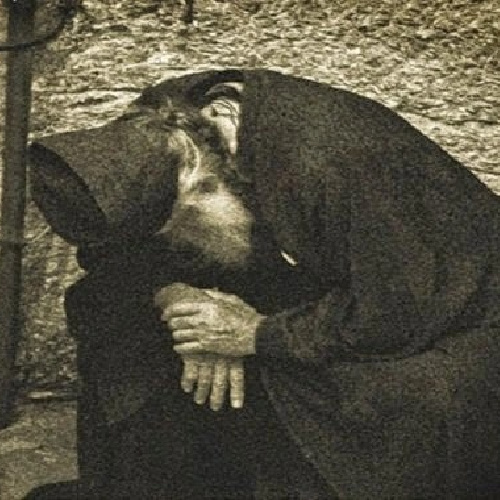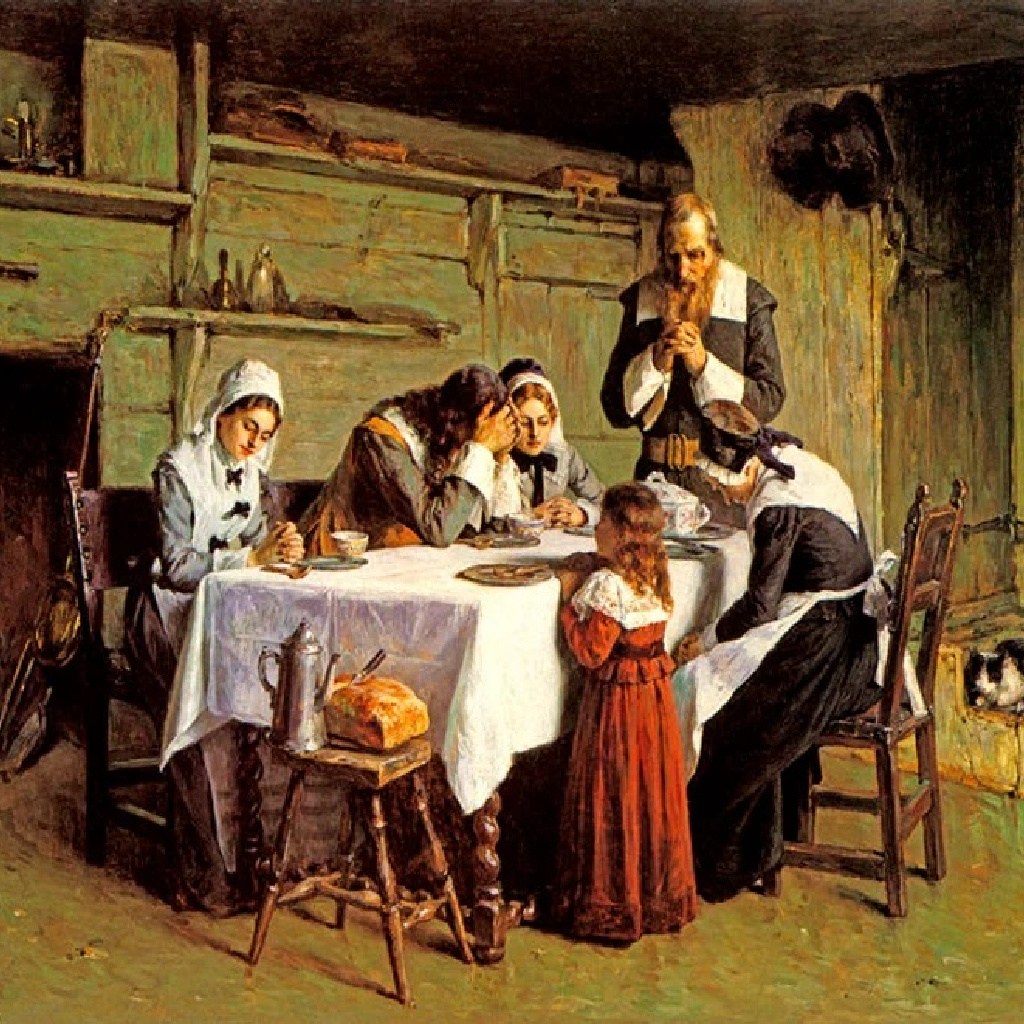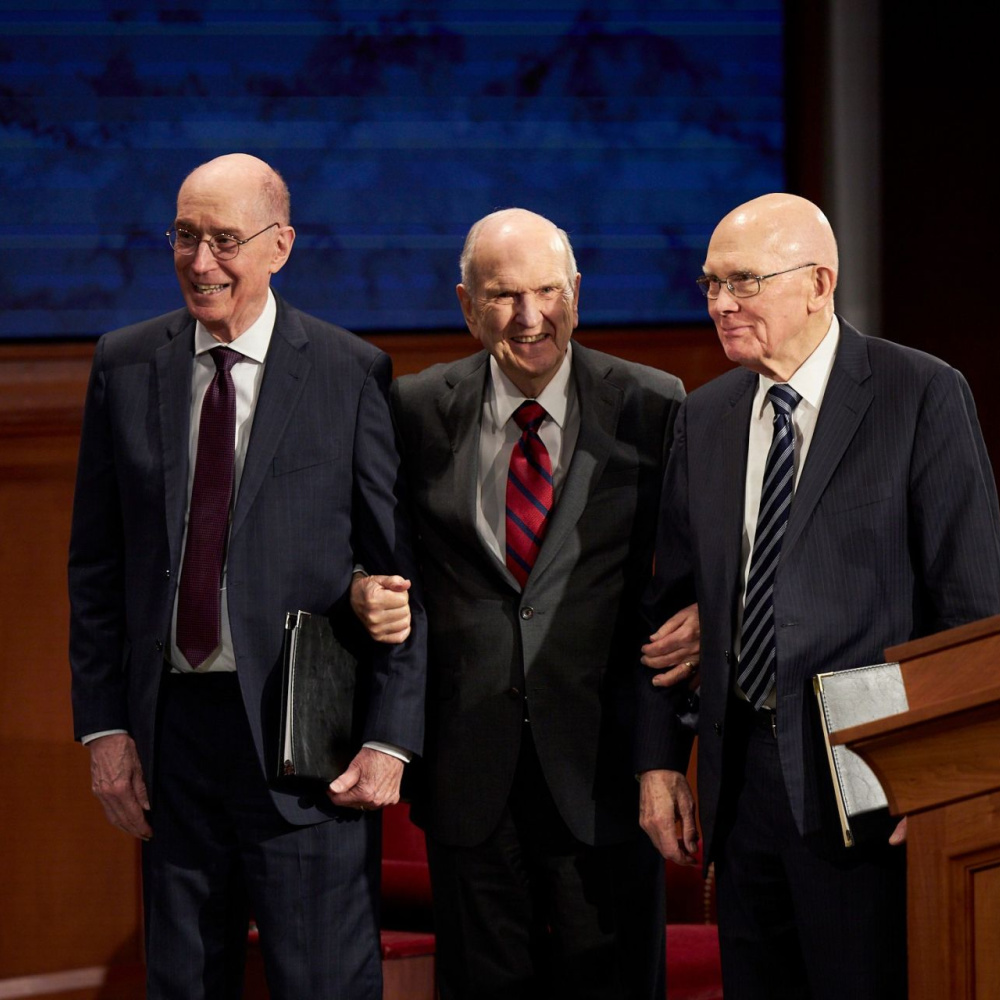
Shooting for the Sun: Why Some Aspire for Terrestrial Glory Instead
“Come unto me, ALL ye …” Do we imagine ourselves included in the Lord’s invitation to Celestial Glory or settle for less than He wants to give us?

“Come unto me, ALL ye …” Do we imagine ourselves included in the Lord’s invitation to Celestial Glory or settle for less than He wants to give us?

The rich history of Hesychastic prayer has been the subject of recent research. What is this type of prayer, and how might it benefit Latter-day Saints?

It is normal for church members to feel “controversy fatigue” over the steady stream of negative headlines and accusations toward the Church. But this problem is not a new one, and seeing it clearly allows us to transcend it.

Explore a gospel-driven perspective on environmental stewardship, challenging conventional views while harmonizing nature, human flourishing, and faith.

The sin of certainty? It’s become popular to argue that a passionate conviction about God can be dangerous. But this overlooks the deep humility we can cultivate in a vibrant faith.

Many religious families thrived during the pandemic because of a built-in community and connection, combined with a sense of purpose, comfort, and hope.

Alma provides a striking counterpoint to passive and popular notions of faith—pointing to a faith that grows, moves, and changes us.

An Easter meditation on the transformative potential of Christ’s atonement for unity, healing divisions, and empowering connections with God and each other.

Explore how the news of Elder Holland’s health struggles inspires compassion and unity as a loving community rally together to offer unwavering support.

We recap general conference and explore faith, global unity, and personal stories of divine intervention. Experience the profound impact of scripture and uncover the path to overcoming contention through virtue and peacemaking in a divided world.

Stressed? Studies show that religious escapes can improve your well-being, creativity, and spirituality by providing an opportunity for reflection.

Understand the origin of thoughts and choose your thought filter to take control of negative thought patterns and live a more fulfilling life.